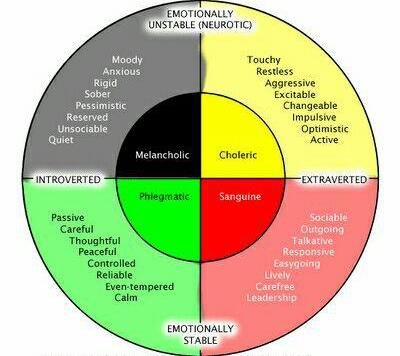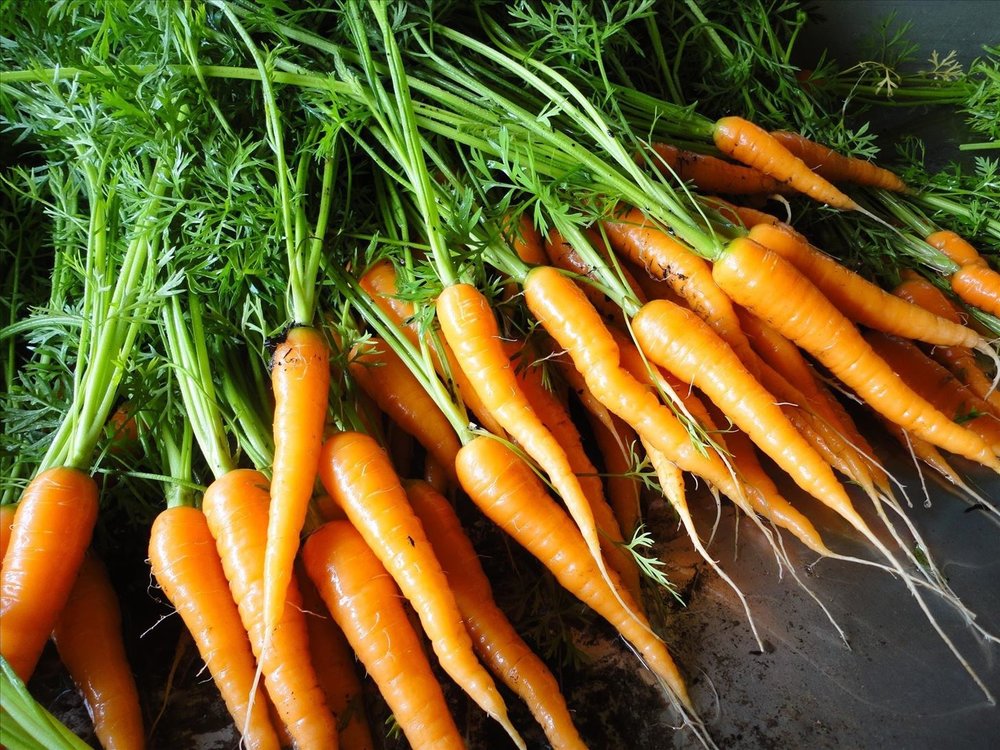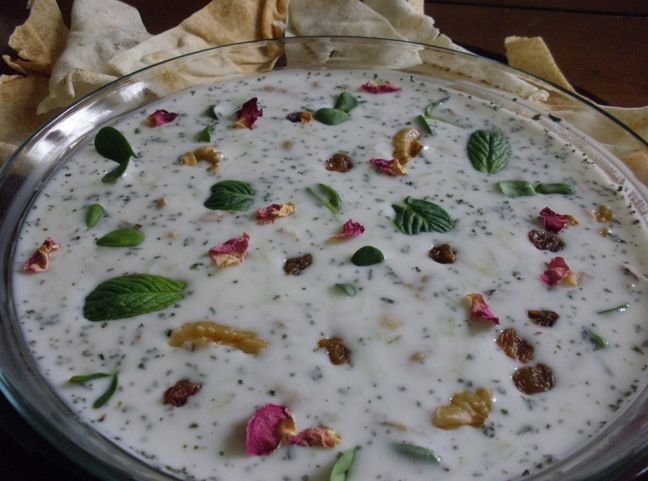Sanguine temperament: Specifications and lifestyle
Part 2

TEHRAN — Different diseases are nowadays spreading at an increasing rate throughout the world. So, traditional medicine is advised by the World Health Organization as a complementary method or an alternative to classic medicine.
Dissatisfaction of treatment outcomes obtained by most therapeutic methods within modern medicine has been a main reason for this advice.
Iranian-Islamic traditional medicine is an ancient medical school in an integrating of both Iranian traditional medicine and Islamic medicine. Iranian traditional medicine has a several-thousand history which after emersion of Islam, its concepts were mingled with Islamic doctrine originated of both Holy Quran and Ahl-ul-Bayt (successors of prophet Muhammad (PBUH)) education.
Great ancient Iranian physicians, particularly Avicenna, were also Islamic scholars, and had an important role in this benedict integration.
According to Iranian-Islamic traditional medicine, every person has a unique temper (Mizaj) by which his or her health status is defined independently to other people.
Moreover, an identical disease shows variable presentations in different people, according to their temper.

Therefore, the excess or lack of warmness and humidity define four essential temperaments of “Warm and Wet (sanguine or Damawiy)”, “Warm and Dry (choleric or Safrawiy)”, “Cold and Dry (melancholic or Saudawiy)” and “Cold and Wet (phlegmatic or Balghamiy)” respectively. The terms in the parentheses refer to four groups of material in the body (called “humors” or 'Akhlat') including blood which is hot and moist, phlegm which is cold and moist, bilious or yellow bile which is hot and dry and atrabilious or black bile which is cold and dry. Words written in italic show original Persian terms in the ancient literature.
In a nutshell people with sanguine temperament are gregarious, cheerful, adaptable, and patient. They have soft ruddy skin, warm squishy bodies, and thick black hair. They are sturdy, and have bigger veins and stronger pulse. Waste matter (urine, sweat, and feces) discharged from their bodies have usually strong color and odor.
Lifestyle tips for people with sanguine temperament are listed below.
Lifestyle
Similar to people with choleric temperament, those with sanguine temperament had better not consume large amounts of food with warming characteristics (warm Mizaj) especially in warm seasons and warm climate.
Consuming high calorie and heavy food items, such as red meat, camel meat, turkey, large amounts of bread and rice and liver especially during spring and summer (warm days) is not recommended to this group.

In general, diet high in starchy foods such as pasta, potato, and egg is not very much to the benefit of sanguine people. People with warm and wet Mizaj should consume butter, cream, sweats, salty and spicy foods the least.
Different kinds of ash (a thick soup or stew, which is usually served hot) such as rice ash, verjuice ash, sumac ash, pomegranate ash, Sekanjabin (one of the oldest Iranian drinks; a syrup made of boiled water, sugar and vinegar) ash, soups, broths and stews, light vegetarian cooked or steamed food, and Abdoogh Khiar (a cold cucumber and yogurt soup) are best for them.

Heavy ash such as ash-e Reshteh (a thick soup with thin noodles, vegetables and beans, cheakpea, lentil, etc.) or ash-e Shole Ghalamkar (another thick soup with beans, peas, lentils, leafy vegetables, rice, etc.) and Haleem (a stew which includes wheat or barley and meat as main ingredients) are not of much benefit for these people. Only light ash with small amounts of beans, fresh vegetables and slight sour taste are recommended to people with warm and wet Mizaj.
Fasting and even in some cases skipping lunch (however cautiously) would be beneficial for these people. They should wait for hunger to hit them in order to eat.
They should consciously avoid being in warm and humid conditions such as sauna, steam room, or a bathroom filled with steam.
As they have muscular body and a body composition of larger proportion of muscle tissue rather than fat they need to exercise and lack of movement would cause waste products and other toxins to build up in their bodies. Therefore, they are more prone to develop high uric acid and cholesterol levels.

Consuming low-calorie food stuff which only fills one up without gaining weight such as light stews, celery, carrot, olive, lettuce, cabbage, broccoli, spinach, and zucchini are recommended to this group of people.
People with warm and wet Mizaj are advised to donate blood and receive wet cupping therapy. As a general rule, enhancing body’s natural ability to detox through main exit routes for toxins such as urine, feces, and perspiration is pretty good for this group.

Drinking liquid chicory extract (Kasni), fumitory extract (Shahtareh), sour and sour-sweat Sekanjabin, pomegranate, lemon, or barberry syrups would also benefit them.
Vegetables, salads and watermelon are also good provided they don't over eat. Consuming sour fruits and adding sour food items to stews and ash would be of advantage to them.
Seyed Mahdi Mirghazanfari, MD, holds a PhD degree in medical physiology and is an Iranian-Islamic traditional medicine researcher. He is also an assistant professor in AJA University of Medical Sciences, Tehran.
MQ/MG
